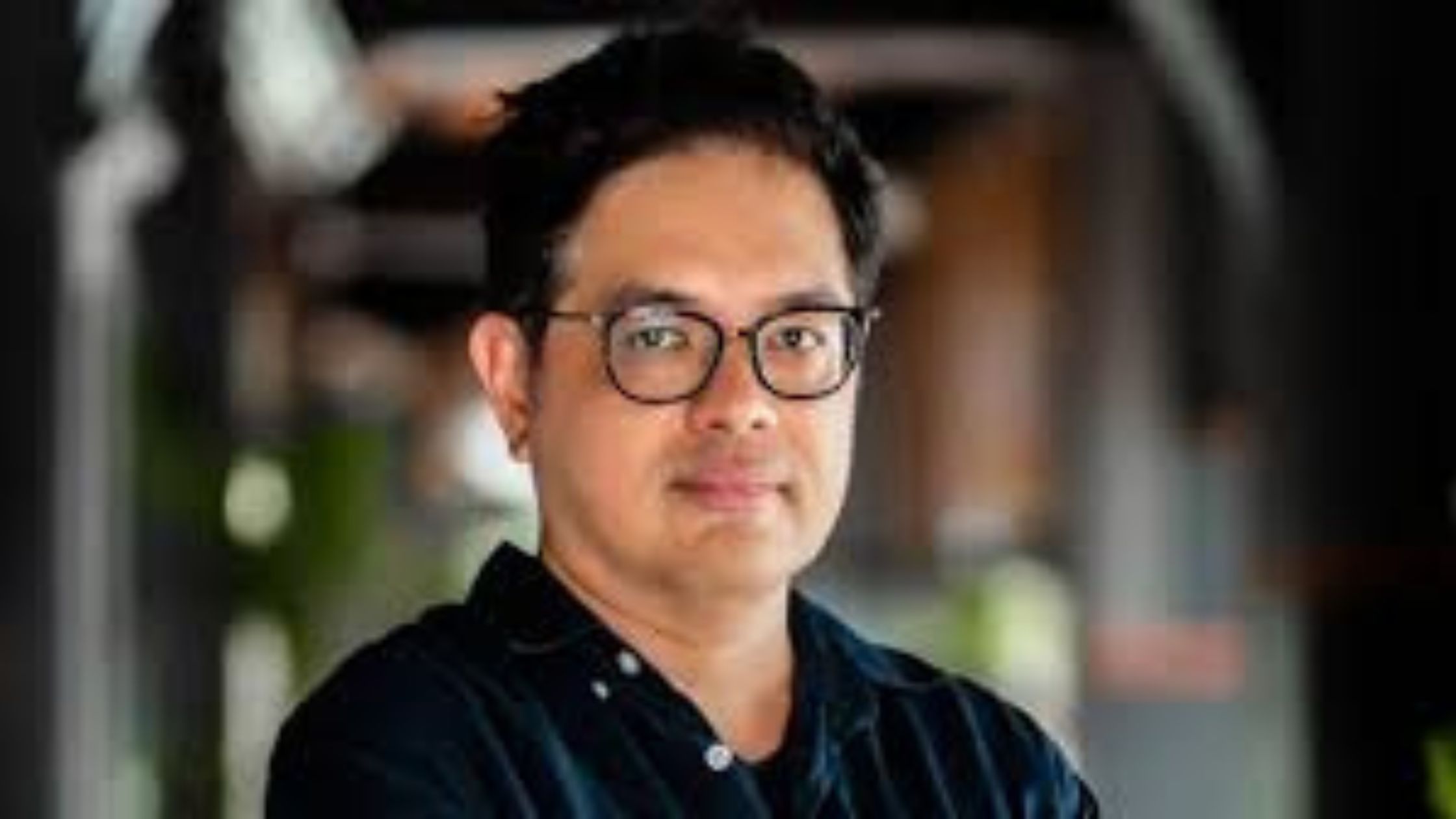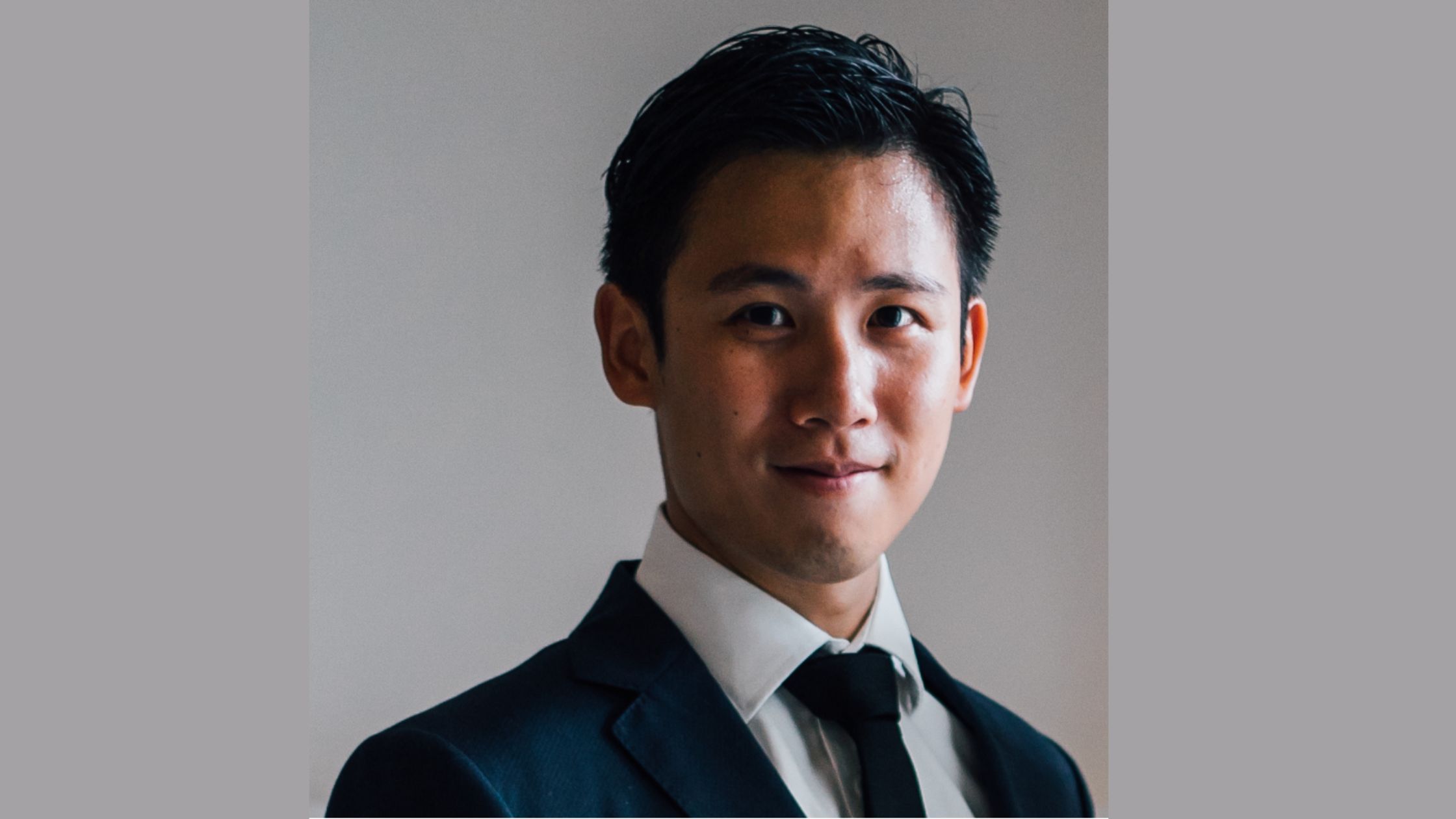AsiaTechDaily – Asia's Leading Tech and Startup Media Platform

Eric Marchand, Unigestion – Focusing On Buyout Side Of The Spectrum
Eric Marchand is a noted investor with a diversified portfolio ranging from e-commerce, InsureTech, PropTech, FinTech, and HealthTech and has successfully mentored a number of startups.
Eric is an investment director heading Unigestion’s Asian private equity program in primaries, secondaries, and directs. Eric began his career with General Electric, spending four years in the company’s corporate finance and audit departments across multiple business lines. At GE Capital’s equity business, he was responsible for the European fund-of-funds portfolio and financial services investments. Eric also worked for CDC Group as an Investment Manager focusing on the firm’s Asian funds portfolio. Eric holds an MSc in Management from EM Lyon business school in France and an undergraduate degree in Management and Applied Economics from the University of Paris Dauphine.
Read on to know more about Eric Marchand, his views on the startup ecosystem, his tips for securing investment, and most importantly be successful.
What background and domain expertise do you have? What makes you turn into an investor?
Eric Marchand: My background is of an operational professional turned PE investor via formative years working through General Electric’s leadership development programs. I ended up working in my last role for GE Capital Equity Europe looking after legacy ventures to buy-out investments. In my next role with CDC Group, I focused on Asian investment, which provided me a more international perspective of investing. Since I joined Unigestion in 2012, I have further honed in on my investment skills.
As an investor, what kind of startups have you invested in? How did you find those startups to invest in?
Eric Marchand: From a personal standpoint, I have invested in a few startups across a variety of sectors: e-commerce, InsureTech, PropTech, FinTech, and HealthTech. From a professional perspective, our focus has been less venture-driven and more on the buyout side of the spectrum nevertheless; I have mostly looked at and opportunistically invested in cleantech-related investments. I always leverage my relationships in the industry to find viable opportunities.
What would be the core factors that you decide “Not” to invest in certain companies?
Eric Marchand: The idea/technology/product/service behind a company is one thing, the person/people supporting it another, hence the human aspect of things is paramount. This can certainly drive a decision not to invest regardless of how good it may look on paper.
What would be the KPI that you usually check about the startups’ growth? It may diverse in each industry like LTV, CAC, MoM, etc. but would be helpful to understand more about your additional investment factors.
Eric Marchand: Most important for me is to understand the relationship between the cash burn and revenue growth. In summary, if the company’s growth is highly correlated to the money spent promoting the product and acquiring customers, typical for B2C businesses, then it is an opportunity I would shy away from. I always ask myself how quickly the business model can help it achieve breakeven.
What is the investment range and In a typical year, how many startups do you invest in? And S.Korea headquartered startups have a chance to get investment from you or should be headquartered in certain countries?
Eric Marchand: This is a tough question to address since our investment in startups has been inherently opportunistic but investment size ranges from USD 1 to 5 million. I would not say we would ignore Korean start-ups nor would we encourage them to be based in another jurisdiction. It is simply that my network in Korea is limited, hence it has a waterfall effect on deal flow emanating from there. We had indirect exposure to Leon which was merged with Kakao a couple of years ago. Consequently, we now hold shares of the latter company (again indirectly) so I cannot say our limited experience of Korean tech companies has been bad in any way.
Can you list one company that you have passed (rejected) investment before but think you should have invested in that company. If there is any, why do you think you have missed that investment opportunity?
Eric Marchand: We looked at a company called Proterra which manufactures electric buses but more importantly developed a proprietary technology/process to rapid-charge them. Ultimately, we missed this opportunity because the company has since developed nicely and received investment from one of our existing partners two years after we first looked at it. This miss was simply due to our uncertain view towards product adoption in the US due to a general lack of public policy support for green technologies.
What are the main factors that startups fail as per your experience after getting investment and how can they prevent mistakes in advance from your personal perspective?
Eric Marchand: Failure may be driven by sub-optimal fundraising from the get-go. If the initial capital is insufficient to support the company for some time and necessitates to be on the road seeking more capital quite rapidly, this may hinder the primary focus of growing/operating the company and ultimately lead to mistakes or funding squeezes. Granted this is a central issue for startups (funding) so any money is good money but it may be worth pushing further while you are still at it rather than settling for less today in the knowledge you will have to start all over again soon. Leverage momentum as much and as far as you can.
What’s your advice to entrepreneurs who have a chance to meet investors like you? and What are the top 3 questions that you always ask the founders?
Eric Marchand: My most important advice is to provide some sense and understanding of the risks surrounding an opportunity/company. It is undoubtedly great to focus on the positives and show drive, however, it is also of great interest to display balance and candor around potential pitfalls. An entrepreneur which has covered all bases will be poised to succeed and/or prepared for adversity.
What’s your general thought about the term “Global” and What are the important factors (criteria) for Korean startups to consider for international expansion?
Eric Marchand: The word Global is thrown around a lot and can be more designed to create buzz rather than anything else. I would say this if your product/service/tech is bound to go global at some stage, get it right and tight in your home base before thinking further. If you are still experiencing teething issues, going global will make them grow and multiply exponentially.
As you know, our company name is “beSUCCESS”, what’s your definition of the term “success” as an investor or as an individual human being?
Eric Marchand: Having also worked in the development finance world I would define this by “doing it right”. My investment needs to generate returns but not at the expense of a feel-good factor. The best way I can illustrate this is by taking the example of a company turnaround situation. Would I feel successful as an investor if we bought a factory, fired all the workers and stripped all its assets to sell for a profit? No! If we bought a factory, restructured it, laid off a few workers only to preserve some others and ultimately contributed to saving the factory and growing it in the future, I consider that success from both an investment and human point of view. I frankly believe both go hand in hand.
What are the one or two things that you would do differently if you could go back to 10 years ago?
Eric Marchand: I would invest in more Chinese startups and would move to Asia earlier.
When you have a chance to come to Korea next time, what kind of Korean entrepreneurs and startups you want to meet?
Eric Marchand: I generally like to meet a variety of profiles but since we focus more on buy-outs versus venture my interest lies in getting to know lower mid-market entrepreneurs in Korea.
You can follow Eric Marchand here.
Are you looking to secure investment for your startup or a keen startup enthusiast, keep an eye on our interview section.
Follow Asia Tech Daily to know about the innovative startups and how they are revolutionizing the ecosystem.





